BWH Division of General Internal Medicine Primary Care Program
Our primary care program is a close-knit family within the larger community of the BWH internal medicine residency. Our residents hail from medical schools across the U.S. and go on to pursue exceptionally diverse and impactful careers after training, in every corner of healthcare.
Defining aspects of our program include: a broad array of clinic sites where residents assume primary ownership of a patient panel; a rigorous curriculum with a strong emphasis on advancing health equity and justice; longitudinal mentorship to support personal and professional growth; and a familial culture that fosters life-long friendships
Top tier program with the most supportive environment and absolutely no cut-throat nature. Focus is on excellent patient care and learning rather than breaking you down. Wonderful colleagues
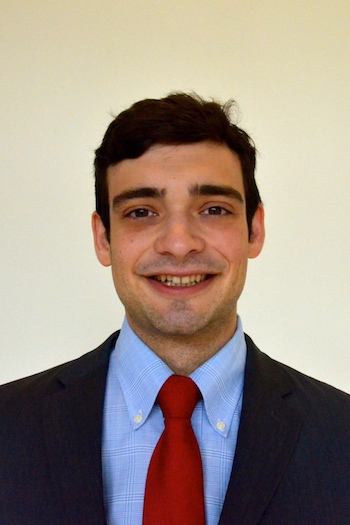
Exceptional clinical training, unparalleled opportunities, fantastic global health and health equity training
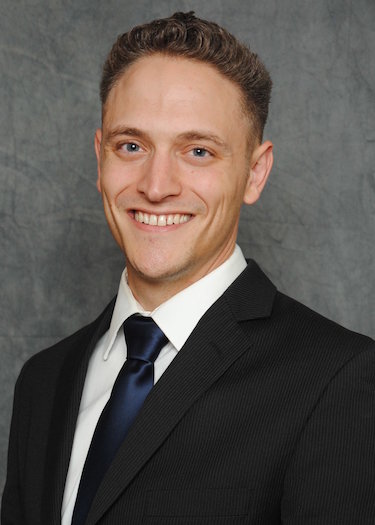
Brigham combines rigorous clinical training with the support and schedule you need to be a whole, happy human outside of medicine. You can do anything here, and you will be supported!
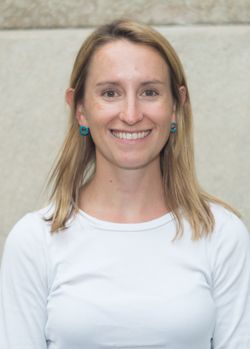
There's a culture of love within the program, especially within the primary care community that I thought would be really important to center on in my medical training.
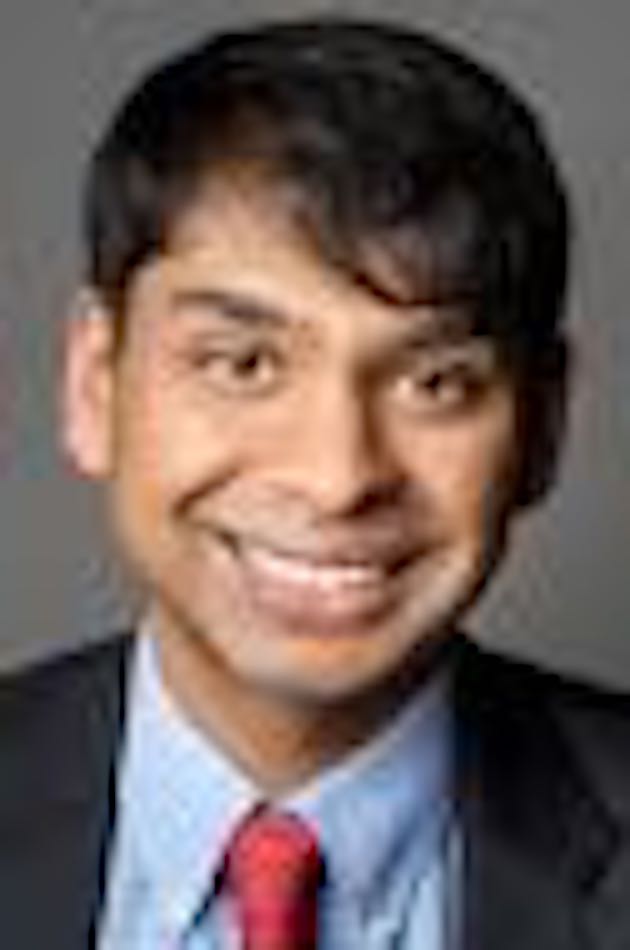
I chose BWH for its exceptional clinical training in a collaborative environment, broad range of research exposure, and opportunities to grow as a medical educator.
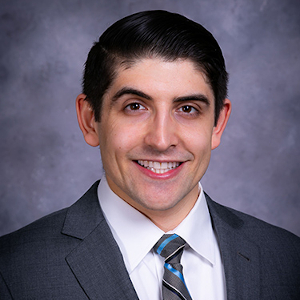
A major reason was the primary care track. I have enjoyed having a smaller network of people within the larger program who love primary care and who are passionate about social justice and health equity.
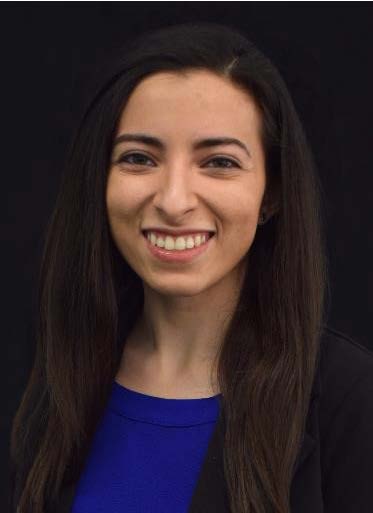
Having co-workers who not only want the best for patients and their families, but also for their colleagues and daily provide support for each other to ensure this is realized.
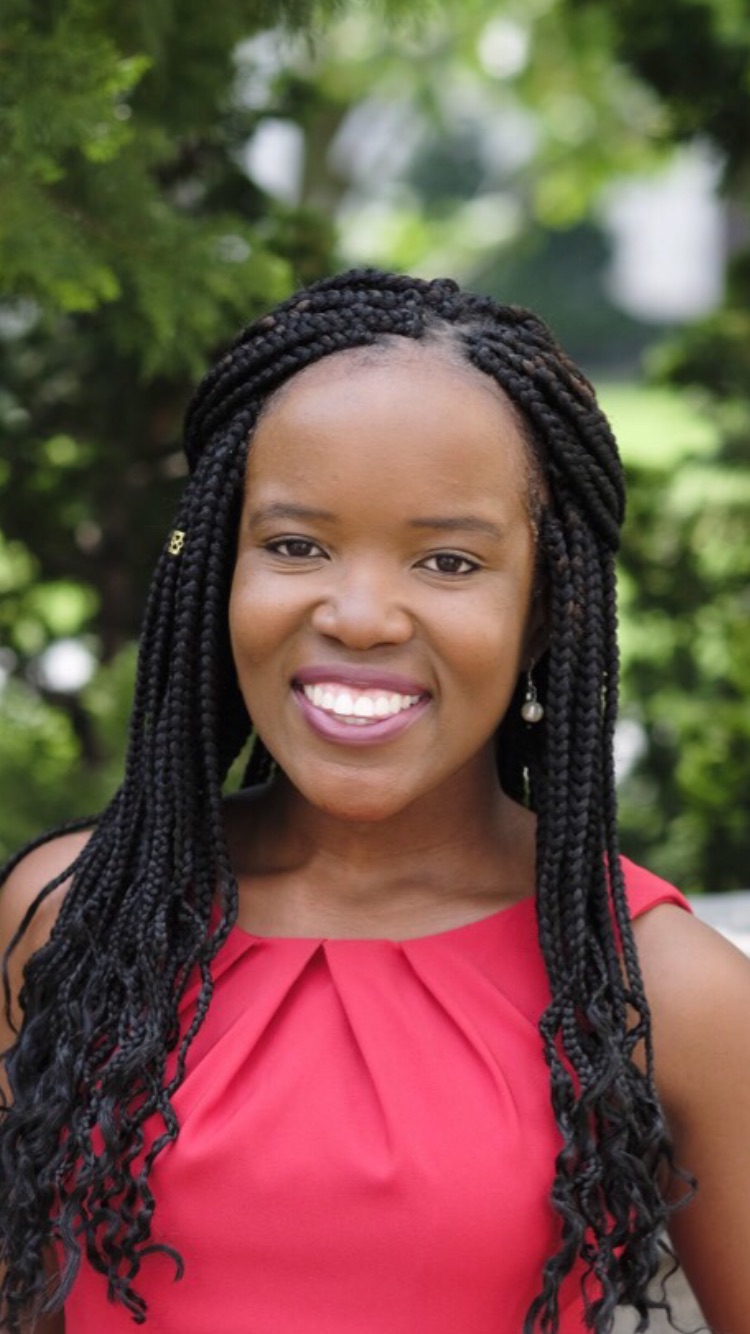
The common thread amongst trainees, faculty, and staff is kindness and empathy, which is so important with the constant challenges you can face practicing medicine.
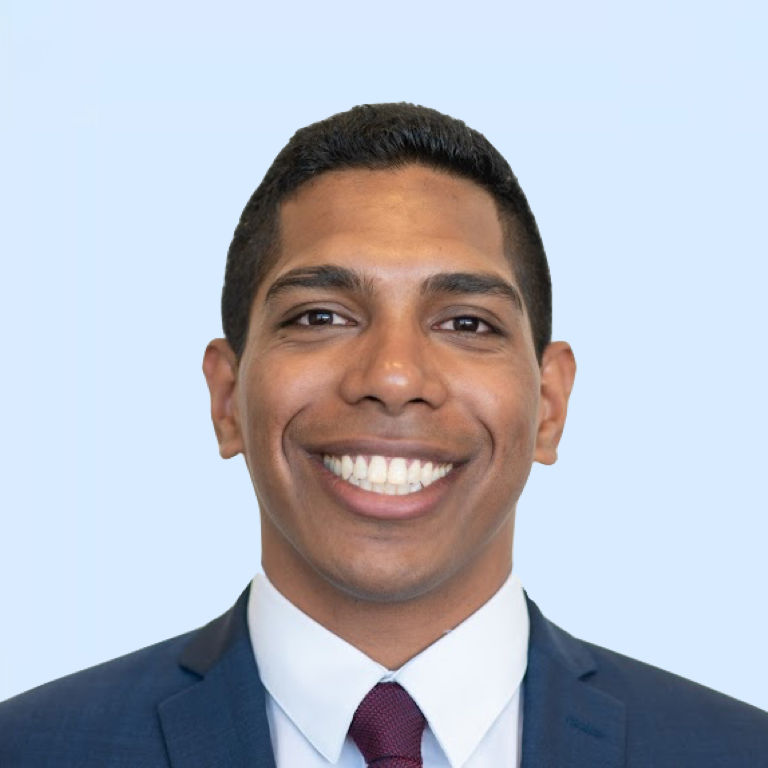
We take our jobs seriously without taking ourselves too seriously.

The culture that recognizes the humanity and complexity of patients and providers.
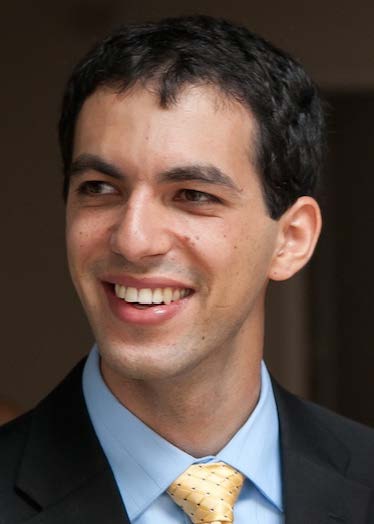
We get to do something meaningful for people every day. Watching my co-interns and residents take care of patients is one of the most transformative professional and personal experiences of my life.
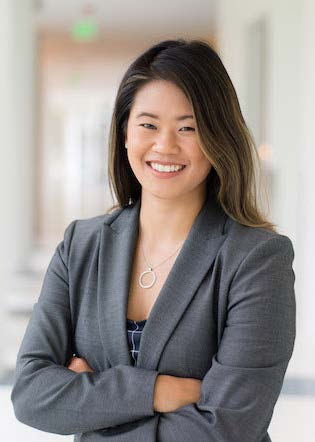
It is such a vibrant community of talented residents who advocate for their patients and colleagues!
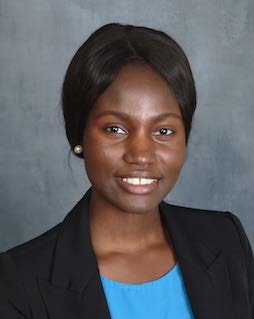
Everyone has their own focus and ability to contribute to making medicine (and the world) more equitable and just. We are all able to uplift and encourage each other in whatever we choose to do.
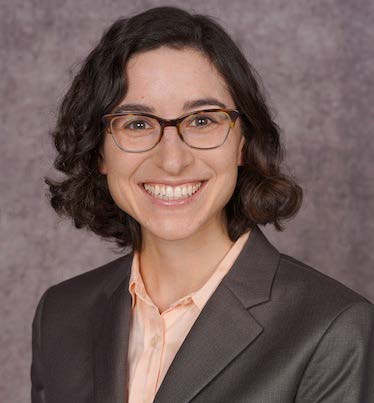
I am particularly impressed by the open communication between residents, chiefs, and program/hospital leadership, which has been an effective way to implement meaningful changes.
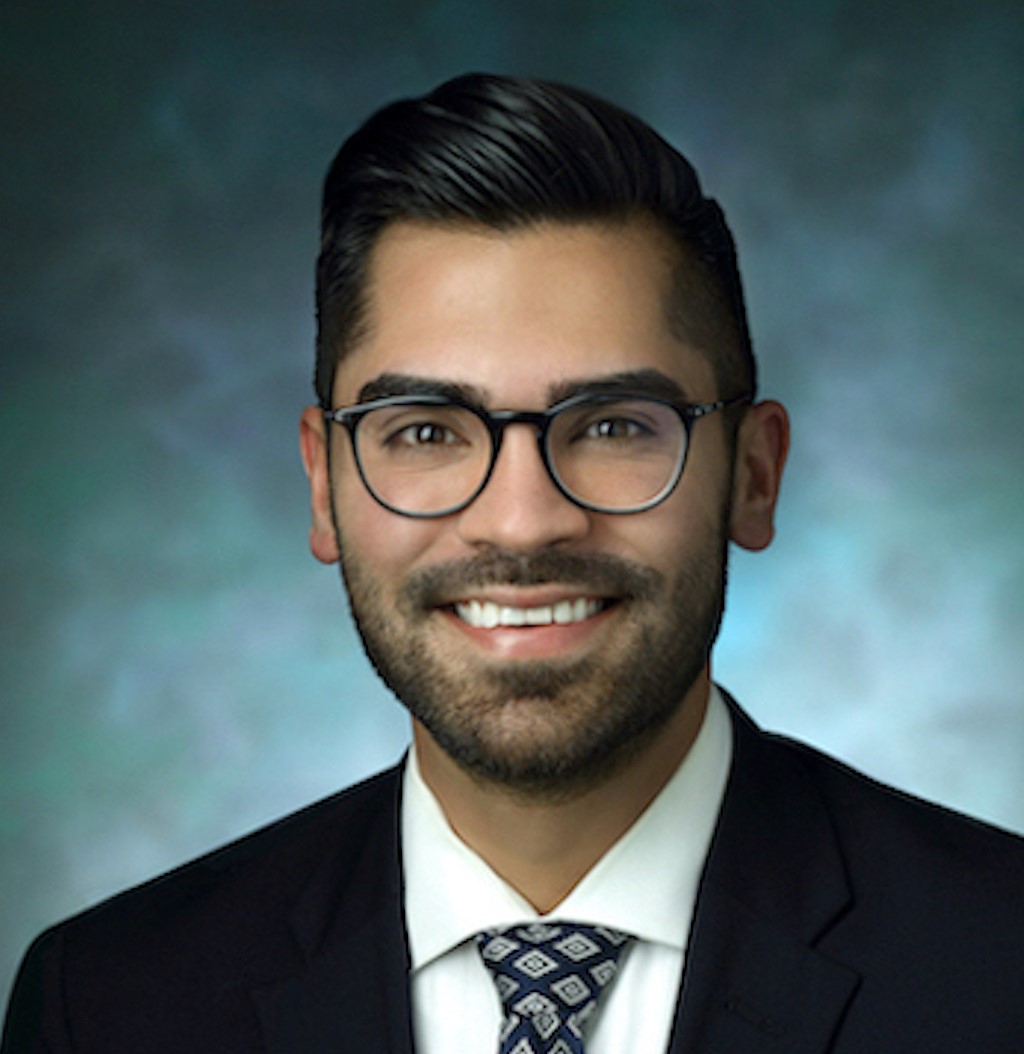
When you're family, you never worry alone
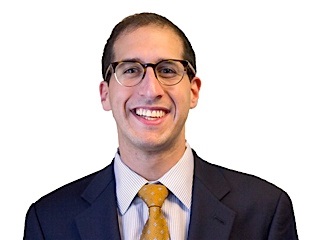
MISSION
Our mission encompasses Four guiding principles:
Cultivating Clinical Excellence
Program Leadership
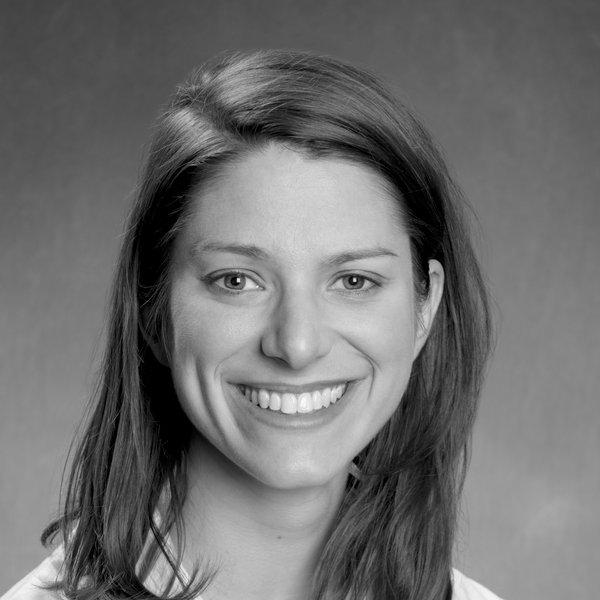
Program Director, BWH Division of General Medicine Primary Care Residency Program
Sonja Solomon, MD
Welcome. This is an exciting and important time to train in Primary Care Internal Medicine. We know that primary care matters –to individuals, to communities, and to the health of our society – but that we have much work to do to bring about a future where equitable access to high-quality primary care for everyone is a reality. Our program seeks to give our residents deep clinical expertise as generalists, enabling them to care for patients comprehensively and through meaningful longitudinal relationships. We also seek to equip residents with the skills and confidence to be effective agents of change, no matter where they choose to practice.
DGM is a cohesive family within the larger residency. We are intentional about cultivating community, and we place a high emphasis on the importance of authentic, longitudinal relationships –between residents and their patients, between residents and faculty, and within resident cohorts.
We encourage you to apply if you are interested in partnering with patients on their journeys, practicing broad-spectrum, evidence-based medicine, thinking critically about both clinical problems and systemic ones, and joining a peer community that will support and inspire you.
Program Structure
- We welcome 8 new interns per year, for a program size of 24 residents.
- Each class rotates together on ambulatory blocks throughout all 3 years of residency.
- Twice per year, DGM interns, juniors, and seniors come together for ambulatory blocks, allowing program-wide curricula and community-building. Program-wide retreats occur twice yearly during these blocks. Recent retreat activities have included:
- Team-building workshops using techniques of improv theater
- Clinical skill-building workshops
- A guided neighborhood tour
- An afternoon of service at Community Servings
- Panel discussions on the future of primary care delivery
- Special events throughout the year bring together the DGM faculty and residents to foster mentoring, collaboration and social connections.
- DGM residents have access to sought-after elective experiences including:
- Boston Healthcare for the Homeless
- Addiction medicine
- LARC training
- Gender-affirming and LGBTQ healthcare
- Health policy elective at MassHealth
- Rotations at the Indian Health Service (Shiprock NM and Gallup NM)
- And more…
- DGM residents may elect to participate in one of the Pathways available through the larger residency, with most selecting the Leadership in Health Equity, Scholars in Medical Education, or Management and Leadership Pathway.
Rotation Structure by Year
Intern Year
Ambulatory Rotations | Inpatient Rotations | Vacation |
14 weeks of primary care block (with DGM cohort) 2 weeks of ambulatory subspecialty elective
|
32 weeks of inpatient blocks |
4 weeks plus one 5-day holiday break |
Junior Year
Ambulatory Rotations | Electives/Pathway Rotations | Inpatient Rotations | Vacation |
16 weeks of primary care block (with DGM cohort) 2 weeks of ambulatory subspecialty elective 2 weeks of geriatrics
|
4-6 weeks of electives and/or Pathways |
22-24 weeks of inpatient blocks |
4 weeks plus one 5-day holiday break |
Senior Year
| Ambulatory Rotations | Electives/Pathway Rotations | Inpatient Rotations | Vacation |
| 10 weeks primary care block (with DGM cohort) | 2-10 weeks teaching rotations* (teaching resident is 2 weeks, mini-chief rotations are 6-10 weeks) 10-12 weeks elective or Pathway time | 18-22 weeks inpatient blocks | 4 weeks plus two 5-day holiday breaks |
*All seniors do either the teaching resident rotation or a mini-chief rotation.
Structure of Primary Care Blocks:
Intern Year
Monday | Tuesday | Wednesday | Thursday | Friday | |
AM | Continuity Clinic | Flex Time | Didactics | Sub-Specialty Clinic | Didactics |
PM | Sub-Specialty Clinic | Continuity Clinic | Continuity Clinic | Sub-Specialty Clinic | Flex Time |
Each week during a 2-week block typically contains 3 sessions of continuity clinic, 2-3 sessions of sub-specialty clinic, 2-3 sessions of didactics and 2-3 sessions of flexible time that can be used for mentoring meetings, personal projects, patient follow-up, and personal wellbeing.
Junior Year
Monday | Tuesday | Wednesday | Thursday | Friday | |
AM | Continuity Clinic | Flex Time | Didactics | Sub-Specialty Clinic | Didactics |
PM | Sub-Specialty Clinic | Continuity Clinic | Continuity Clinic | 2nd Longitudinal Clinic (optional) | Flex Time |
Juniors may elect to add a 2nd longitudinal clinic once a week during ambulatory blocks. To underscore the program’s commitment to professional development, all primary care junior residents are given funding and protected time to attend the annual meeting of the Society of General Internal Medicine.
Senior Year
Monday | Tuesday | Wednesday | Thursday | Friday | |
AM | Continuity Clinic | Project Time | Didactics | Project Time | Project Time |
PM | Dayfloat / Inpatient Coverage | Project Time | Continuity Clinic | 2nd Longitudinal Clinic (optional) | Continuity Clinic |
Clinics
A hallmark of our program is the broad array of clinic sites at which our residents practice primary care medicine. These include federally-qualified community health centers, BWH-affiliated community-based practices and our large hospital-based practice. Our residents are mentored by highly skilled faculty preceptors who are paired with residents for the duration of their three years in the program and become close clinical and professional mentors. A core tenet of our program is that residents assume primary ownership of their patient panels, with robust mentorship and support, and deliver care within the context of a multi-disciplinary team.
Currently our residents practice at the following clinical sites:
- The Phyllis Jen Center for Primary Care
- South Huntington Advanced Primary Care Associates
- The Fish Center for Women’s Health
- Southern Jamaica Plain Health Center
- Brookside Community Health Center
- Massachusetts Mental Health Center
- Codman Square Community Health Center
- Uphams Corner Community Health Center
Many DGM residents elect to participate in a second continuity clinic (either in a different primary care setting or in a sub-specialty) in their junior and/or senior year. In recent years, these have included:
- HIV Primary Care at Boston Healthcare for the Homeless
- Immigrant and Refugee Health
- Addiction Medicine
- Gynecology
- LGBTQ Medicine
- Infectious Disease
- Palliative Care
- Nursing Home Care
Curriculum
Our residency curriculum follows a three-year progression. Each year’s content is tailored to the developmental stage of the resident.
Curricular highlights include:
Intern Foundation
- Delivered at the start of intern year, a series of interactive, case-based sessions focused on the evaluation and management of the most common entities in primary care medicine.
Social Justice and Advocacy
- The Social Justice and Advocacy curriculum is a 3-year, longitudinal program that equips residents with the knowledge and skills to recognize and respond to health inequities and serve as effective agents of change. Through skill-building workshops, facilitated discourse, and hands-on practice, residents cultivate a justice-oriented approach to the provision of healthcare. Multiple faculty serve as content experts and longitudinal teachers in the social justice curriculum. As part of the advocacy arm, all residents make a yearly visit to the State House to meet with their elected officials and advocate on a relevant health-related piece of legislation.
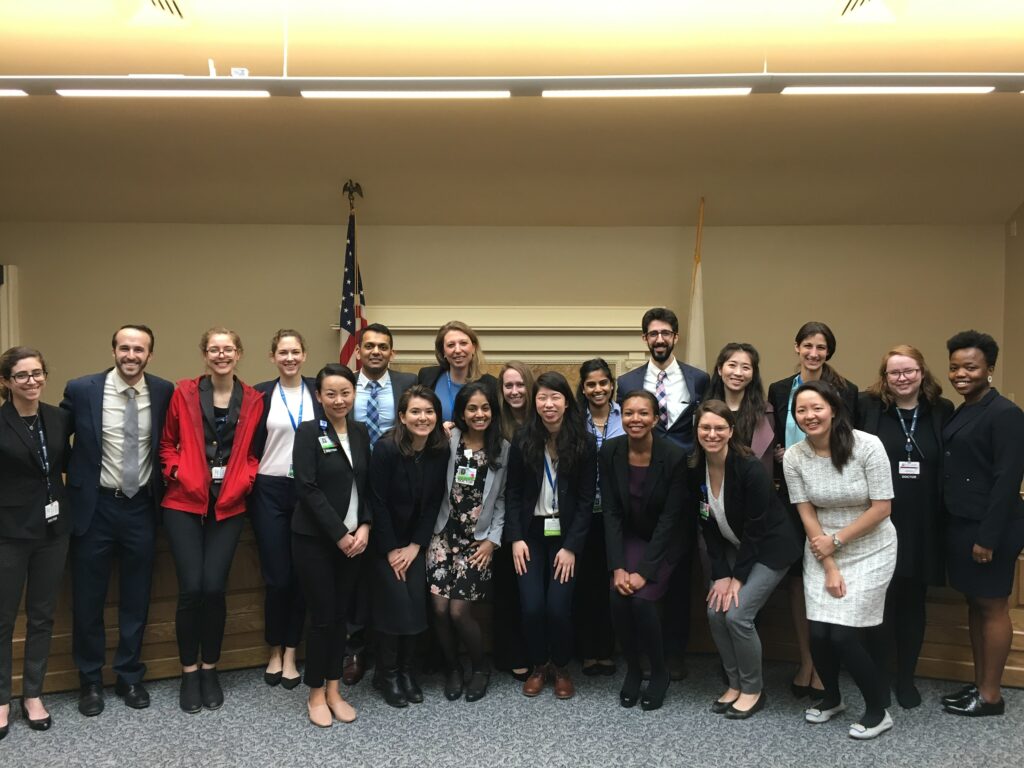
Quality Improvement
- A longitudinal skill-based curriculum focusing on quality improvement and patient safety, including opportunities for learning population health and panel management.
Balint Group
- A seminar spanning all 3 years of residency in which residents explore the psycho-emotional aspects of the patient-doctor relationship through case-based reflection, facilitated by an experienced primary care clinician.
…and more:
- Longitudinal curriculum on the care of patients with substance use disorders
- Advanced communication skill-building, including motivational interviewing and communication in serious illness
- “Primary Care Roundtable” – multiple PCPs talking through common challenges and controversies in primary care medicine
- “Clinical conundrums” high-yield case review with program director
- Evidence appraisal
- Health policy
- Procedure workshops
- Professional development including negotiation, risk mitigation, public speaking and more
Personal Projects
Each resident is provided time and mentorship to undertake a longitudinal project. Residents’ projects have encompassed a wide range of domains, including investigative research, QI, curriculum development, community engagement, entrepreneurship, and medical humanities. Many residents’ projects have become permanently integrated into the formal DGM curriculum. Many of our residents present their projects as scholarly work at SGIM or other national conferences and receive mentorship and financial support to do so.
Resident ReflectionS
On DGM:
DGM is full of incredibly passionate humans who care deeply about practicing medicine in a way that is radical, kind, and justice-oriented. It is inspiring to be immersed in a community thinking so critically and rigorously about primary care.
Hannah Borowsky, PGY-2
My trajectory to and through medicine has been deeply shaped by an interest in addressing health inequities. I sought residency programs that embedded a curriculum on this topic alongside clinical practice. Although the residency-wide program offers ample resources to all residents, DGM affords me unique opportunities to become involved in health equity initiatives ranging from advocacy, QI projects and research, curriculum development and community outreach in collaboration with a tight-knit community of like-minded individuals while receiving support every step the way.
Miguel Linares, PGY-3
DGM has been my close knit Boston family after moving across the country for residency. I chose this program to be part of a group of passionate clinicians who are committed to shaping and improving patient care! My DGM cointerns have been there for me on both my hardest and best days, and surprised me with midnight coffee on call shifts.
Lindsey Ulin, PGY-2
DGM is a community (within a community) of people who share my interests in addressing the fundamental causes of health inequities. Here, we share a common understanding that we are affected by politics as people and as professionals, and we have power to leverage for social and political change. I love having a small cohort of people with whom I can spend my flex time enjoying large portions of French toast AND hear and talk about our varied interests and passions, from growing a family to watching the Bachelorette to talking about ethnographic work, health policy research and advocacy, and physician mental and physical wellbeing. We're an eclectic bunch that get along and enjoy each other's company.
Max Jordan Nguemeni Tiako, PGY-2
On Clinic:
I love my clinic at South Huntington - it serves a patient population that is diverse in every sense of the word (socioeconomically, medically, racially and ethnically), a supportive team environment, and an innovative culture with docs who are leaders in a variety of fields within Primary Care. My favorite part is working with my preceptor, who, in addition to being a fierce advocate for Primary Care, is a wonderful clinician and teacher.
Clare Landefeld, Alumna
Clinic is my favorite part of every week. The team at the Jen Center is phenomenal. They welcomed me with open arms and everyone is so willing to help out as needed. I really can feel that compassionate patient care is at the core of all decisions and actions taken by the staff at the Jen Center. My clinic experience has made me all the more excited about a future in primary care.
Hema Pingali, PGY-2
My clinic site is the Phyllis Jen Center for primary care, and one of the aspects I most appreciate is the availability of resources to offer my most vulnerable patients. Housing specialists, pharmacists, social workers, community health workers, and more are available to help provide excellent care to patients for whom social determinants of health have created barriers to healthy living. I also have enjoyed working with a variety of fantastic faculty preceptors, who make a point of incorporating teaching into their clinical sessions with residents.
Beret Amundson, PGY-3
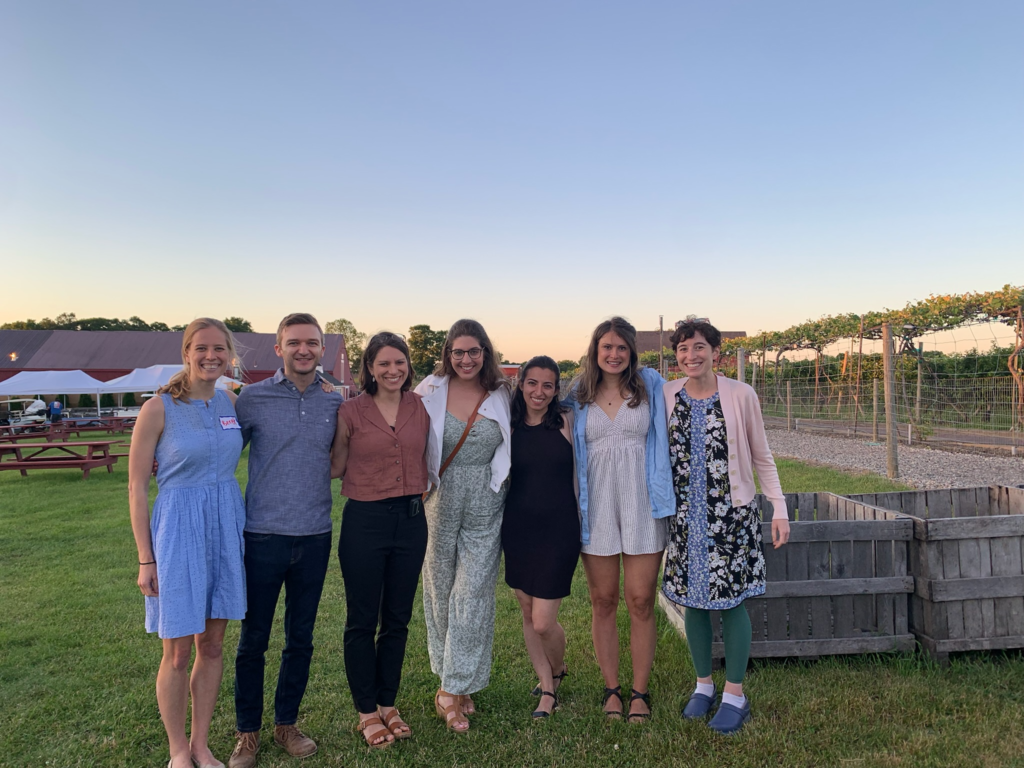
One of the many things I appreciate about Brookside Community Health Center is the strong commitment to social justice and the long-standing relationships it has with its patients. Working at Brookside has reaffirmed my desired career path of working as a primary care doctor with Spanish-speaking patients in the U.S. and abroad in a community setting.
Soraya Naqvi, PGY-3
Codman Square Health Center is an amazing FQHC that is connected to a magnet school and offers food bank and gym facilities for patients. I feel like I'm able to connect my patients with resources that empower them and learn how to be a physician that informs my identity as a community member too.
Lisa Simon, PGY-3
My clinic is at Upham's Corner - a federally qualified health center in Dorchester. I have loved my time there. We care for a predominantly immigrant population (mainly from Cape Verde as well as the Caribbean). It's a mission driven place that is without a doubt serving a real need in the community. My time at Upham's has made me appreciate the power of community health -- I feel privileged to get play a role there even for a short while. I feel like I have a lot of autonomy with my patient panel - they really see me as their doctor - and have gotten lots of experience caring with bread and butter primary care topics like DM and HTN. I also have several patients on suboxone on my panel and several patients with HIV and have been managing their ART and other HIV care (with help from my preceptor) which has been very valuable learning experience.
Margaret Hayden, Alumna
On living in Boston:
I love the green space in Boston! There is no shortage of parks, lakes, rivers, hiking areas, and other outdoor spaces both in the city and out in nature to gather with co-residents. Being from the midwest, the northeast is so convenient in that everything is close together, offering many day trip/weekend trip opportunities - Cape Cod, the White Mountains of NH, Portland, Providence...so many options!
Beret Amundson, PGY-3
I was surprised by the beauty of the city! I love the amount and proximity of green spaces. I also love the art and culture that comes from being in a place with so many educational institutions. Even beyond the walls of the Brigham, it feels like a place where advances in science and innovation are happening, and there are many opportunities at your fingertips.
Clare Landefeld, Alumna
DGM and HVMA/Atrius Shared Primary Care Community
Primary Care Chief Resident
Our programs are fortunate to have a dedicated primary care chief resident, who serves as a key educator, mentor and advocate for the residents across both programs and a champion of primary care education for the program at large. Our 2023-2024 Primary Care Chief Medical Resident is Dr. Beret E. Amundson, MD
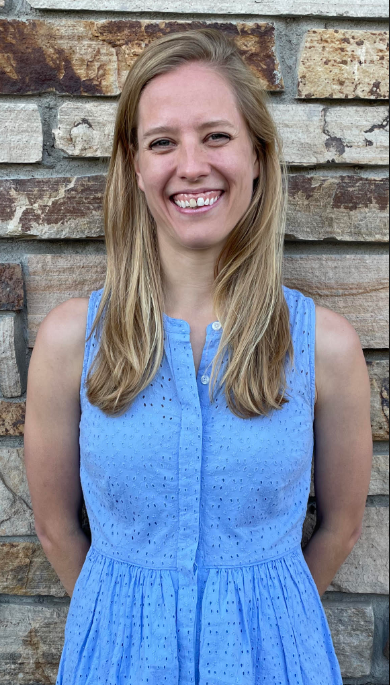
I came to BWH as a DGM-primary care resident in 2020. I had never been to Boston prior to the interview season, but after feeling such warm, positive vibes from residents and faculty, as well as observing a clear culture of commitment to clinical excellence and social justice, I couldn't shake the feeling that this was where I was meant to be! I am grateful to have trained in a program with roots in clinically rigorous and equity-minded primary care, in addition to plentiful inpatient opportunities during all three years of residency. The close-knit community feel within a large program was also sustaining for me throughout residency. As the primary care chief, I am committed to resident centered education, social justice oriented primary care, finding joy in medicine, and nurturing the culture of clinical excellence at BWH. I would be thrilled to connect with anyone interested in learning more about our programs.
Beret E. Amundson, MD
Learning Together
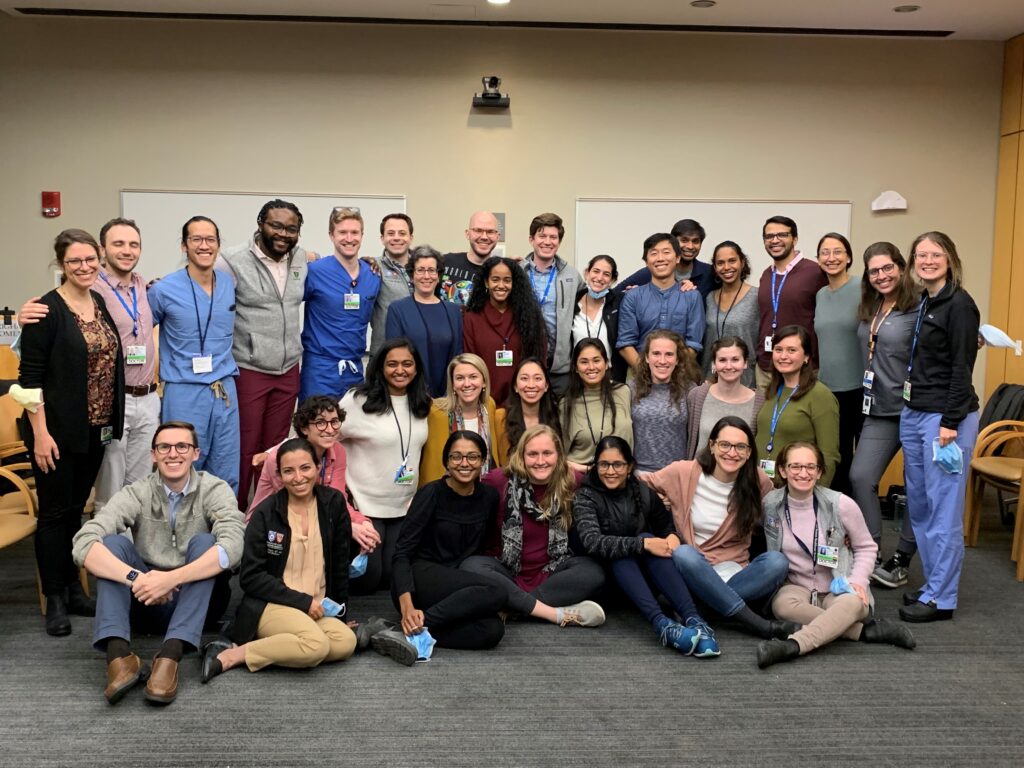
As schedules permit, residents from the two primary care programs (DGM and HVMA) come together for shared learning opportunities including deep dives into the primary literature, site visits to local organizations, and skill-building workshops. We also host combined dinners and other special events periodically during the year.
At our annual joint retreat, residents from our two primary care programs unite for an evening of community building, primary care inspiration, and plentiful good food. We often feature a keynote speaker from among our alumni.
Community Engagement
Shared Didactics and Events
As schedules permit, residents from the 2 programs come together for shared learning opportunities. One such opportunity is the clinical epidemiology curriculum, certain sessions of which occur jointly between our two programs. We also host combined dinners and other special events periodically during the year.
After Residency
Recent Alumni
2023 Graduates
Beret Amundson, MD – Primary Care Chief Medical Resident, BWH
Micah Johnson, MD – Hospitalist, BWH and Health Policy Fellow, US Department of Health and Human Services
Daniel Liauw, MD, MPH – Addiction Medicine Fellow, MGH
Miguel Linares, MD, MPH – General Internal Medicine Fellow, Harvard Program and Primary Care Internist
Emily Moore, MD – Infectious Disease Fellow, BWH
Soraya Naqvi, MD – Primary Care Internist, Brookside Community Health Center, BWH
Brittany Ricci, MD – Endocrinology Fellow, Brown University
Lisa Simon, MD, DMD –Primary Care Internist and Health Services Investigator, Division of General Internal Medicine and Primary Care, BWH
2022 Graduates
Emilie George, MD – Fellow, Community Health and Primary Care, Weill Cornell, NYC
Margaret Hayden, MD – Primary Care Internist, Equal Justice Initiative, Montgomery, AL
Sanjay Kishore, MD – Primary Care Internist, Equal Justice Initiative, Montgomery, AL
Rebecca Lichtin, MD – Primary Care Clinician-Educator, Montefiore Medical Center, NY
Pooja Mehta, MD – Primary Care Internist, Mass General Brigham Integrated Care, Watertown
Prihatha Narasimmaraj, MD – Cardiology Fellow, Beth Israel Deaconess
Luisa Paredes Acosta, MD – Primary Care Clinician-Educator, Wake Forest University
Badar Patel, MD – Cardiology Fellow, Beth Israel Deaconess Medical Center
2021 Graduates
Anne Duckles, MD, MPH – Addiction Medicine Fellow, Cooper University Hospital
Jennifer Hong, MD – Primary Care Internist, MGH
Clare Landefeld, MD – Primary Care Internist and Addiction Medicine Specialist, BWH
Lauren Malishchak, MD – Primary Care Internist and Addiction Medicine Specialist, BWH
Fabiola Molina, MD – General Internal Medicine/NCSP Fellow, Yale University
Laura Nicholson, MD – Primary Care Internist and Home Hospitalist, BWH
Maria Patanwala, MD – General Internal Medicine/NCSP Fellow, UCLA
2020 Graduates
Ayrenne Adams, MD, MPH – NY Medical Director, Galileo Health
Katie Baird, MD – Clinical Informatics Fellowship, UK
Emily Cetrone, MD – Geriatrics Clinician-Educator, UNC
Tina Meade, MD – Primary Care Internist and Director of Education for the Phyllis Jen Center, BWH
Chioma Okwara, MD – Gastroenterology Fellow, MGH
Anita Rao, MD – Primary Care Internist, Atrius Health
Hallie Rozansky, MD – Primary Care Internist and Addiction Medicine Specialist, Boston Medical Center
Lisa Rotenstein, MD, MBA – Primary Care Internist and Health Services Researcher, UCSF
Priscilla Wang, MD – Primary Care Internist, MGH and Associate Medical Director of Primary Care Health Equity, Mass General Brigham
Yan Emily Yuan, MD – Endocrinology Fellow, BWH
2019 Graduates
Cricket Fisher, MD, MPhil – Hospitalist and Director of Integrated Teaching Unit, BWH
Doug Jacobs, MD, MPH – Chief Transformation Officer, Center for Medicare at the Centers for Medicare & Medicaid Services (CMS)
Sohan Japa, MD, MBA – Hospitalist and Medical Director for Hospital at Home, UCSF
Laura Kolbe, MD – Hospitalist, Writer and Poet, Weill Cornell
Denise Pong, MD – Primary Care Clinician-Educator, Duke
Meghan Rudder, MD – Primary Care Internist and Obstetric Medicine Specialist, BWH
Kristine Torres-Lockhart, MD – Primary Care Internist and Addiction Medicine Specialist, Montefiore
Aileen Wright, MD – Primary Care Internist and Informatics Researcher, Vanderbilt
Carrie Wunsch, MD – Addiction Medicine Fellow, Brown
2018 Graduates
Alexandra Bachorik, MD, EdM – Primary Care Internist, Associate IM Program Director, and Med Ed Fellowship Director, BMC
Salina Bakshi, MD – Senior Director at Walmart Health and Wellness | Primary Care Physician at University of Pennsylvania
Patricia Foo, MD, PhD – Primary Care Internist and Interim Division Chief of Primary Care, Highland Hospital, Oakland, CA
Benjamin Grin, MD – Primary Care Internist, Kansas City, MO
June-Ho Kim, MD, MPH – Director of Primary Care Innovation, Ariadne Labs
Julia Loewenthal, MD – Geriatrician and Assistant IM Program Director, BWH
Anish Mehta, MD, MPP – Vice President & Medical Director for Care Transformation, Eden Health
Sheridan Reiger, MD, MPH – Home Care Clinician and WA Regional Associate Medical Director, ConcertoCare
2017 Graduates
Michelle Christopher, MD – Palliative Care Internist, Tulane
Mohammad Dar, MD – Senior Medical Director, Payment and Care Delivery Innovation, Massachusetts Medicaid (MassHealth)
Jessica Hoy, MD – Hospitalist, Cambridge Health Alliance
Ravi Parikh, MD, MPP – Oncologist, Assistant Professor of Medical Ethics and Health Policy, UPenn
Tisamarie Sherry, MD, PhD – Deputy Assistant Secretary for Planning and Evaluation (Behavioral Health, Disability and Aging Policy), US Dept of Health and Human Services
Isis Smith, MD – Primary Care and HIV Medicine Clinician-Educator, Tulane
Lindsay Warner, MD – Primary Care Internist, Virginia Mason, WA
Daniel Weisberg, MD – Medical Director, Galileo
Frequently Asked Questions
Yes. When applying to either of the Primary Care programs, applicants are automatically considered for, and interview in, both programs.
All applicants who apply to the Primary Care programs must also apply to and will be considered for the Categorical program. Primary Care applicants should select both the Categorical Medicine and Primary Care Medicine options on their ERAS applications. All applicants interviewing on a Primary Care day must also interview on a categorical day (generally done on two adjacent days).
No. We know that most students are exploring multiple career possibilities when they apply to residency. We strongly encourage students who are contemplative about primary care and interested in learning more to apply to our programs and to utilize the interview process to gain more insight into IM-primary care training and diverse career pathways.
Primary care residents receive extremely rigorous inpatient training, rotating at all of the same hospitals and on the same services and teams as categorical residents. Many of our residents pursue careers in hospital medicine or maintain a smaller inpatient practice alongside their primary care practice.
Yes! Almost all the pathways are fully compatible with both primary care programs. Most of our residents elect to participate in a Pathway. Due to schedule incompatibility, primary care residents do not also participate in the Global Health Equity pathway. However, primary care residents interested in global health are given time and resources to pursue international rotations during their elective time.
